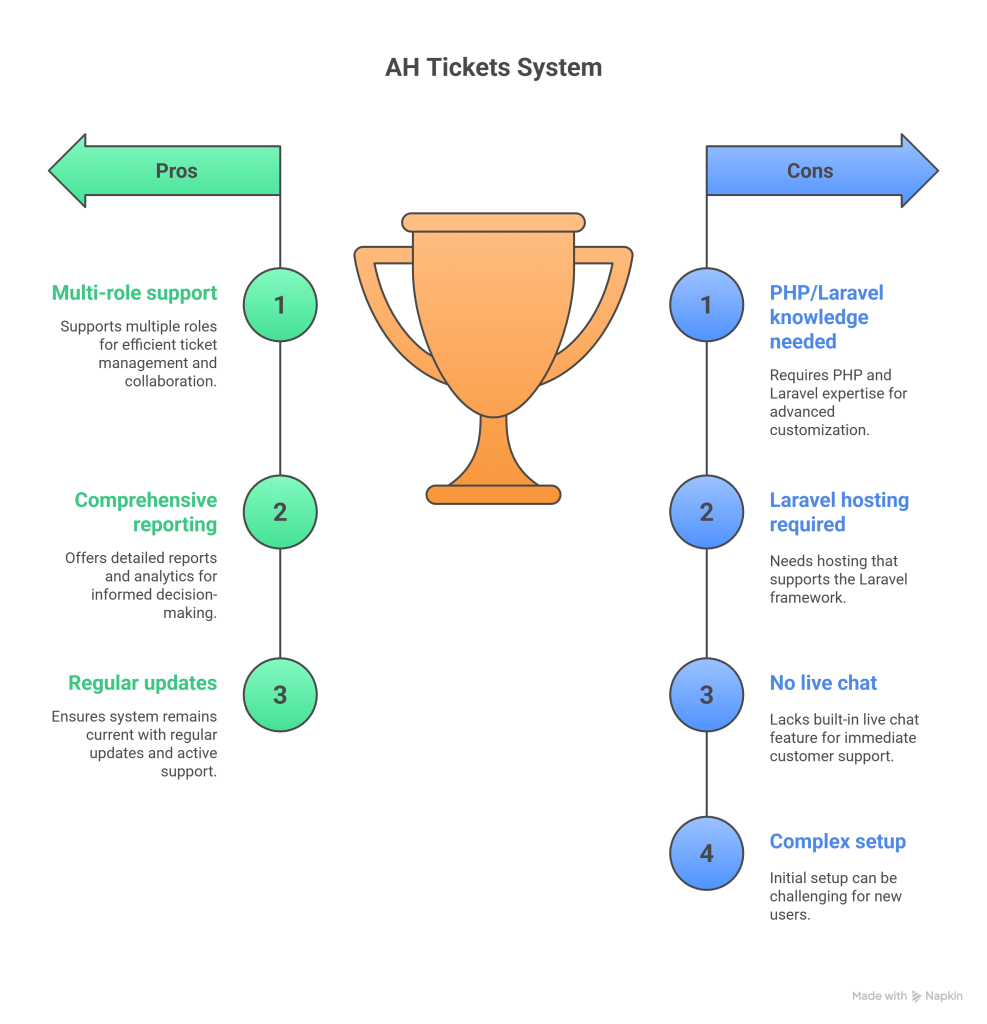Contents
Summary
The Power of Faculty LMS is a robust, SaaS-ready PHP script designed for educators, trainers, and eLearning businesses. It offers advanced course management, quizzes, and student tracking features, making it ideal for freelancers, SaaS founders, and developers building learning platforms. Buy it now on CodeCanyon!
What Is The Power of Faculty LMS?
The Power of Faculty LMS is a comprehensive learning management system (LMS) built with PHP to help educators and organizations create, manage, and sell online courses seamlessly. This script is designed to provide a full-fledged eLearning experience, including course creation, quizzes, student progress tracking, and more.
Who it’s for:
-
Educators and trainers wanting to launch online courses
-
SaaS founders building eLearning platforms
-
Freelancers and developers seeking a customizable LMS script
-
Bloggers interested in educational content monetization
Explore more and buy it on CodeCanyon: The Power of Faculty LMS
Key Features of The Power of Faculty LMS
-
Course Builder: Create unlimited courses with lessons, videos, and quizzes
-
Student Management: Track student progress and performance easily
-
Multi-Instructor Support: Allow multiple teachers to manage courses
-
Payment Integration: Supports PayPal, Stripe, and offline payments
-
Responsive Design: Mobile-friendly user interface
-
Quiz & Certification: Create quizzes and award certificates automatically
-
Customizable: Easily adapt the script to your brand and needs
-
Reports & Analytics: Insights into course engagement and sales
Pros and Cons
| Pros | Cons |
|---|---|
| Fully SaaS-ready PHP script | Requires PHP hosting with certain specs |
| Supports multiple payment gateways | Some advanced features need customization |
| User-friendly interface | Documentation could be more detailed |
| Responsive design for mobile and desktop | Customer support is limited to business hours |
| Extensive course and student management | Initial setup might be challenging for beginners |
Installation and Setup Guide
Installation Steps:
-
Download the script from CodeCanyon
-
Upload files to your web server (compatible with PHP 7.2+)
-
Create a MySQL database and import the provided SQL file
-
Configure
config.phpwith your database and payment details -
Access the admin panel and customize your LMS
Requirements:
-
PHP 7.2 or higher
-
MySQL 5.6 or higher
-
Apache/Nginx web server
-
SSL for secure payments (recommended)
For detailed instructions, visit the official documentation (available with purchase).
Pricing and License Options
| License Type | Price | Usage Rights |
|---|---|---|
| Regular License | $39 (approx) | Use for a single project, no resale |
| Extended License | $199 (approx) | Use in products for resale or multiple projects |
👉 Buy The Power of Faculty LMS on CodeCanyon: https://1.envato.market/9gqqdj
Final Verdict – Is It Worth Buying?
The Power of Faculty LMS is a feature-rich and scalable SaaS-ready PHP script for anyone looking to launch an online education platform. Its multi-instructor support and payment integration make it a versatile choice for both startups and established educational businesses. While setup might require some technical knowledge, the investment is worthwhile for developers, freelancers, and SaaS founders seeking a reliable LMS solution.
Who should buy:
-
Educators wanting an all-in-one platform
-
SaaS founders building eLearning services
-
Freelancers customizing LMS for clients
Who shouldn’t buy:
-
Absolute beginners without technical skills
-
Users needing extensive pre-built course content
Ready to launch your online learning platform?
👉 Buy The Power of Faculty LMS now on CodeCanyon!
https://1.envato.market/9gqqdj
FAQs
Q1: Is The Power of Faculty LMS easy to customize?
Yes, it offers modular PHP code, making customization straightforward for developers.
Q2: Which payment gateways are supported?
It supports PayPal, Stripe, and offline payments by default.
Q3: Can multiple instructors manage courses simultaneously?
Yes, the script supports multi-instructor functionality.
Q4: Does it include mobile-friendly design?
Absolutely, it is fully responsive across devices.
Q5: Is technical support provided?
Support is available via CodeCanyon during business hours.





2 thoughts on “The Power of Faculty LMS Review: A Complete Learning Management System for Educators”